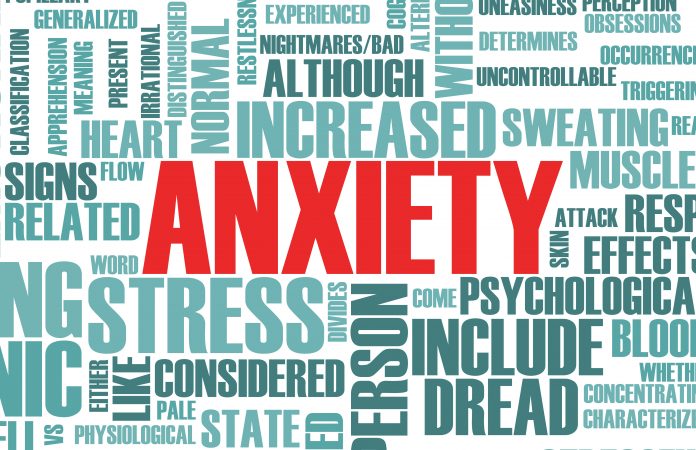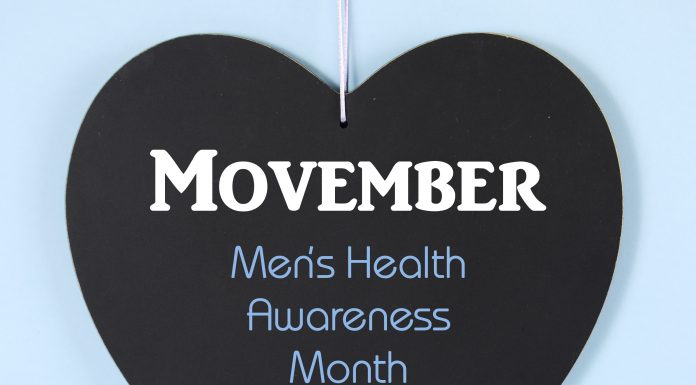Caregivers, friends and families of seniors suffering from anxiety often miss the telltale signs that are common in any type of emotional illness.
Anxiety is diagnosed twice as much as dementia in seniors and much more often than any depressive disorder. Do you know what to look out for?
What are some of the causes of senior anxiety?
• Physical disabilities
• Long-term illness or an illness that causes dementia
• Physical illnesses that affect thoughts or emotions, such as thyroid disease
• Change of environment or moving
• Illness or loss of a loved one
• Medication interactions
• Alcohol or substance abuse
• Poor diet or not eating enough
What is the effect of anxiety?
Stress and anxiety are the body’s way of responding to emergencies. Long term stress impairs the immune system’s ability to fight against disease, They can increase the risk of physical and mental health problems.
Sometimes aging will masquerade as mental illness because of the changes that aging incurs. Forgetfulness is normal but memory loss, especially of important events, is not. How do we know which is which?
Symptoms
• Prolonged sadness or depression and social withdrawal
• Loss of interest in things that were always enjoyed
• Confusion, disorientation, sometimes with memory loss; problems concentrating or making decisions
• Thoughts of suicide
• Loss of appetite or increase in appetite
• Changes in sleep patterns
• Unexplained pain
• Disinterest in appearance or looking after their living space
• Unable to handle finances
Types of Anxiety Disorders in Seniors
Acute stress disorders – Anxiety that develops within the first month after an extreme trauma.
Post-traumatic Stress Disorder (PTSD) – Symptoms of acute stress disorder that last longer than one month.
Panic Attacks – sudden, unpredictable, intense, illogical fear and/or dread.
Social Anxiety – preoccupation with how the senior feels he or she is seen by others.
Generalized Anxiety Disorder (GAD) – pattern of excessive worrying over everyday events.
Phobias – irrational fear of situations or objects.
Obsessive-compulsive Disorder (OCD ) – Thoughts that produce extreme anxiety and can only be handled by an action, such as hand washing in a ritualistic way.
Anxiety in seniors can be recognized by physical symptoms. These include: shallow breathing, trembling and sweating. Anxiety disorders usually respond well to a combination of medication and therapy.
While prescription drugs may be prescribed by doctors, they should be used with caution in seniors, often in lower doses. Talk to your doctor.
Other effective treatments can include meditation, biofeedback and relaxing exercises.
Senior groups can be a helpful resource for assistance.
Don’t underestimate the value of helping others through volunteer work. Volunteering provides a meaningful focus and sense of purpose that can calm anxious seniors.
Family time is also a blessing.
Spending time doing what you love helps, too.
This article is intended for information purposes. If you or a loved are experiencing any of the symptoms mentioned, please consult your health care practitioner.






















